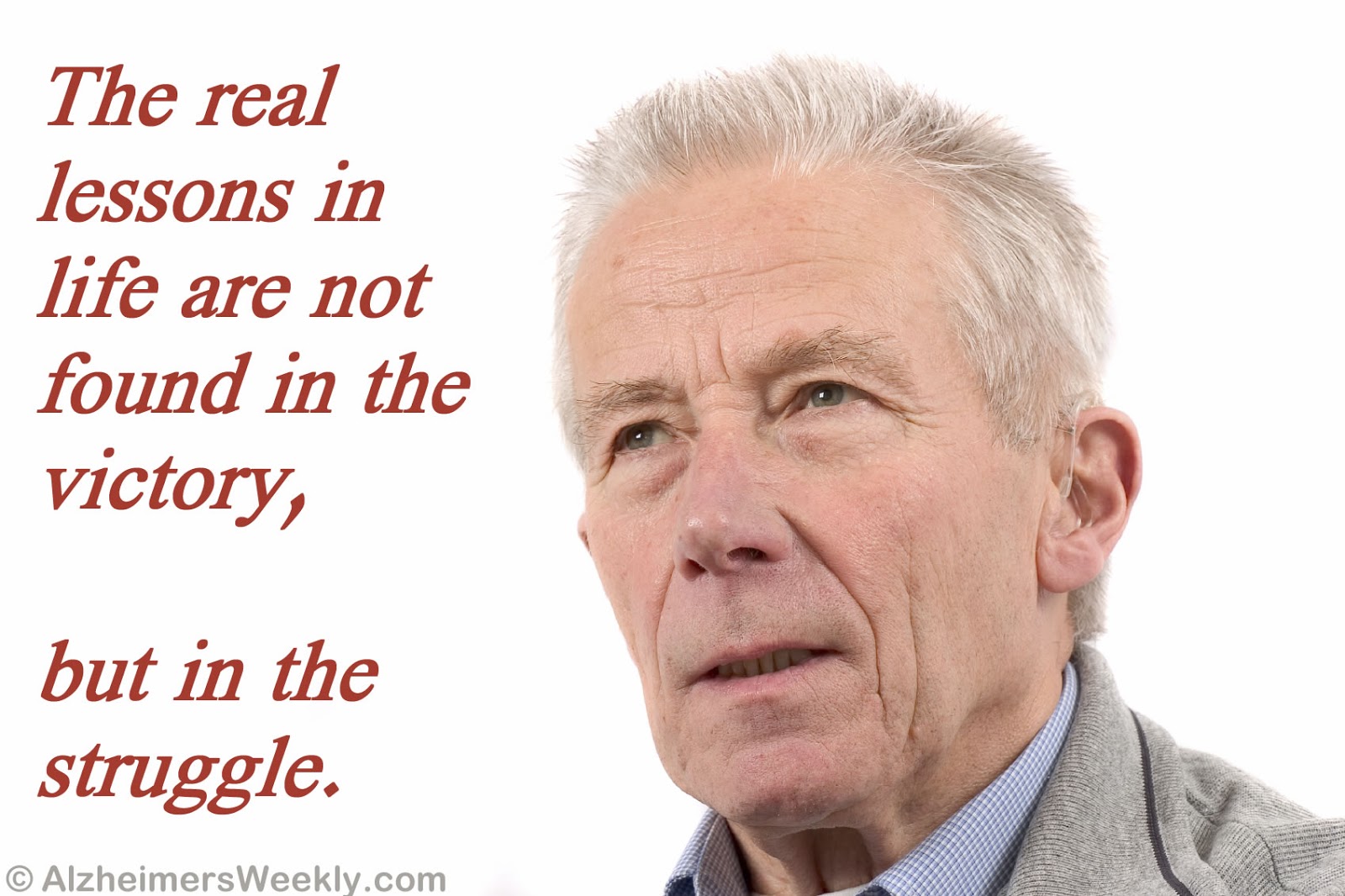
Thought of the Week: The Real Lessons
The real lessons in lifeAre not found in the victory,But in the struggle. (See Amazon Merch)

The real lessons in lifeAre not found in the victory,But in the struggle. (See Amazon Merch)

FUNNY VIDEO – HAPPY THANKSGIVING: Mary Maxwell, a diminutive “little old lady,” shines a very funny light on the foibles of aging, to the delight of an audience filled with senior-care experts.

A simple, must-know legal checklist to help families stay protected, prepared, and supported when Alzheimer’s becomes part of life.
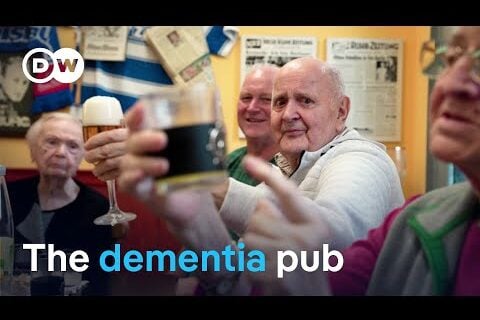
A cozy pub inside a nursing home is doing something remarkable — helping residents with dementia reconnect, open up, and feel like themselves again. Here are 10 ways this surprising space is changing daily life.

A MAJOR NEW STUDY suggests regularly listening to or playing music cuts dementia risk by up to 39%. Here’s the research — and how to use music to bring calm, connection, and cognitive support into everyday care.
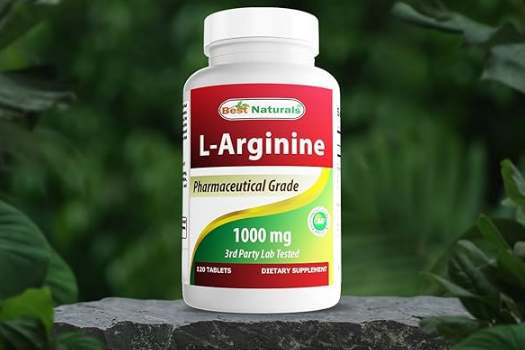
A new study suggests a simple nutrient — arginine — may reduce amyloid-β buildup in Alzheimer’s. The findings, from animal studies, raise an encouraging question: could arginine eventually play a role in Alzheimer’s prevention? Here’s what the research shows — and what caregivers should know.

HOLIDAY TIPS: Getting together for a holiday meal can cause a person with Alzheimer’s confusion and anxiety. Get 10 tips to make the holiday more easy and pleasurable.

A growing body of research shows that what we eat can make a real difference in how the brain ages. Discover the everyday foods that strengthen memory, support cognition, and help reduce the impact of Alzheimer’s — starting with simple choices you can make today.
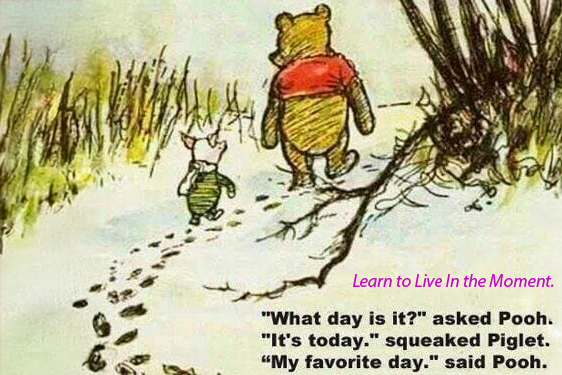
“What day is it?” asked Pooh. “It’s today.” squeaked Piglet. “My favorite day.” said Pooh.

A few minutes of music each day can calm sundowning and help support brain health. A new study explains these protective benefits — and we’ll show you how to build gentle musical routines into evening care.

Amyloid is one of the leading culprits behind Alzheimer’s. Scientists know it damages memory by killing brain cells. Now research reveals how amyloid triggers memory loss in perfectly healthy brain cells as well. Learn more about how Alzheimer’s develops.
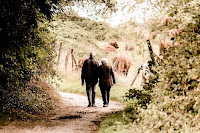
Getting out into the fresh air and taking a walk does good things for your brain and well-being, researchers say.

A new test that can be completed in less than three minutes enables simple, accurate detection of cognitive impairment and Alzheimer’s in cognitively normal adults, including those with no symptoms of dementia. Find out more.

Ketone-rich diets increase the SIRT3 protein that protects neurons from death during the progression of Alzheimer’s disease. But how does it work? Find out more.

People worry about becoming forgetful. Is it the first sign of Alzheimer’s or just the passing years? After all, forgetfulness is a normal part of aging. Check out these quick ways to tell the difference.

Researchers found in a study that people who developed dementia were more likely to have their credit rating drop at least two and a half years before the diagnosis. Some had problems managing their money up to six years before. Find out more.

Scientists say restoring a brain protein, not removing amyloid plaques, should be the target of Alzheimer’s dementia therapies. The researchers said treatment might lie in normalizing the levels of a specific brain protein.
No spam, only news and updates.


